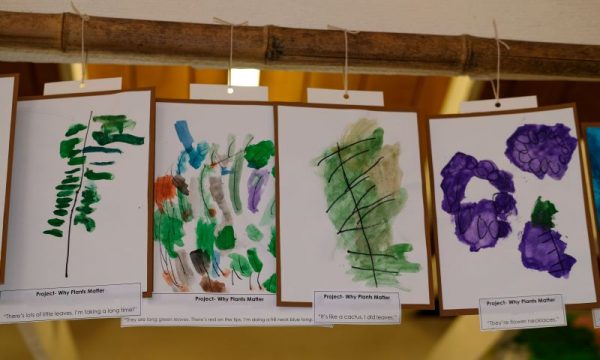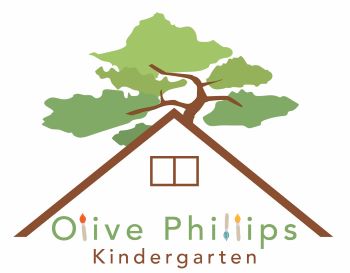At Olive Phillips Kindergarten, we are informed by contemporary approaches and research in early childhood education. As a group of teachers, we value documentation. A primary focus of documentation is a focus on how and what children learn, create and do. It comes in many forms, including, but not limited to, samples of children’s work, photographs of children engaged in work, and transcripts of conversation and children’s voices. Every piece of documentation is carefully thought out to show the meaning of the learning processes. It contributes to the high quality of our program by making learning visible, valuing children’s work, enhancing learning, encouraging parent participation, and aids in educational planning and assessment.

Enhancing learning
Within inquiry-based learning and projects, documentation creates a deeper insight into children’s learning. As children reflect on their experiences, they become more curious, interested and confident. Re-visiting experiences and work, the children may propose questions and engage in critical thinking.
Encouraging parent participation
Documentation provides parents with a deeper understanding of their children’s work and learning, and ways they can contribute to their child’s experiences and to the educational program. Parents can contribute in response to documentation by listening to their children’s thoughts and ideas, recording their ideas, making suggestions, and extending on topics.
